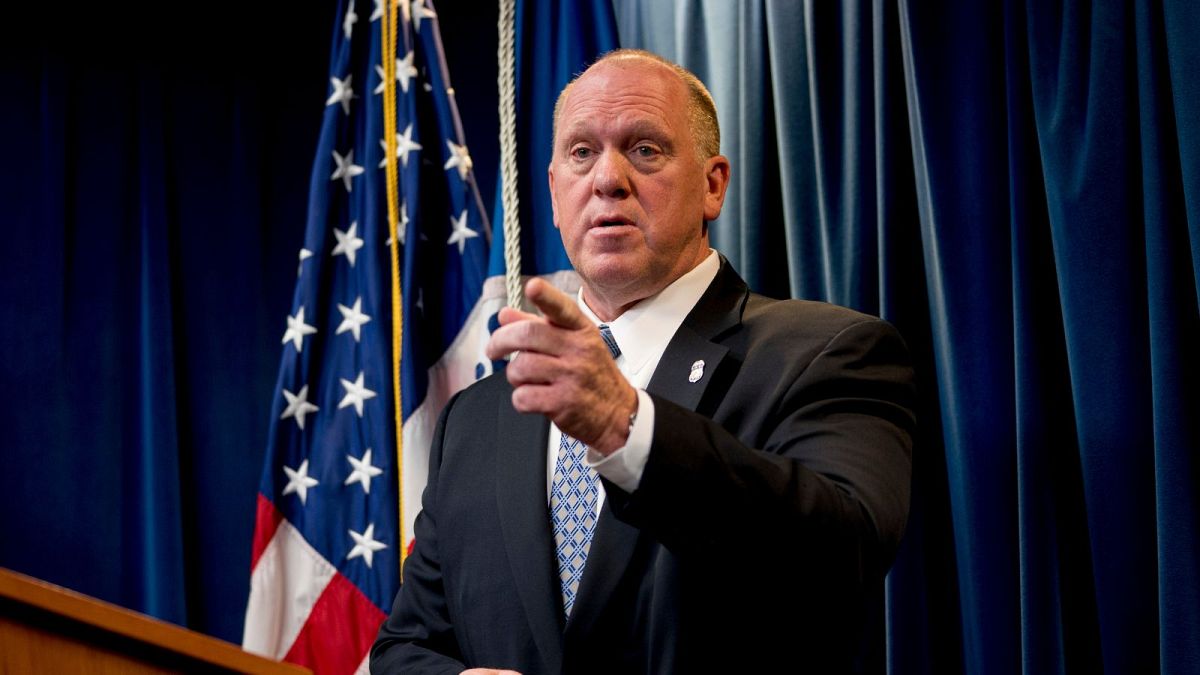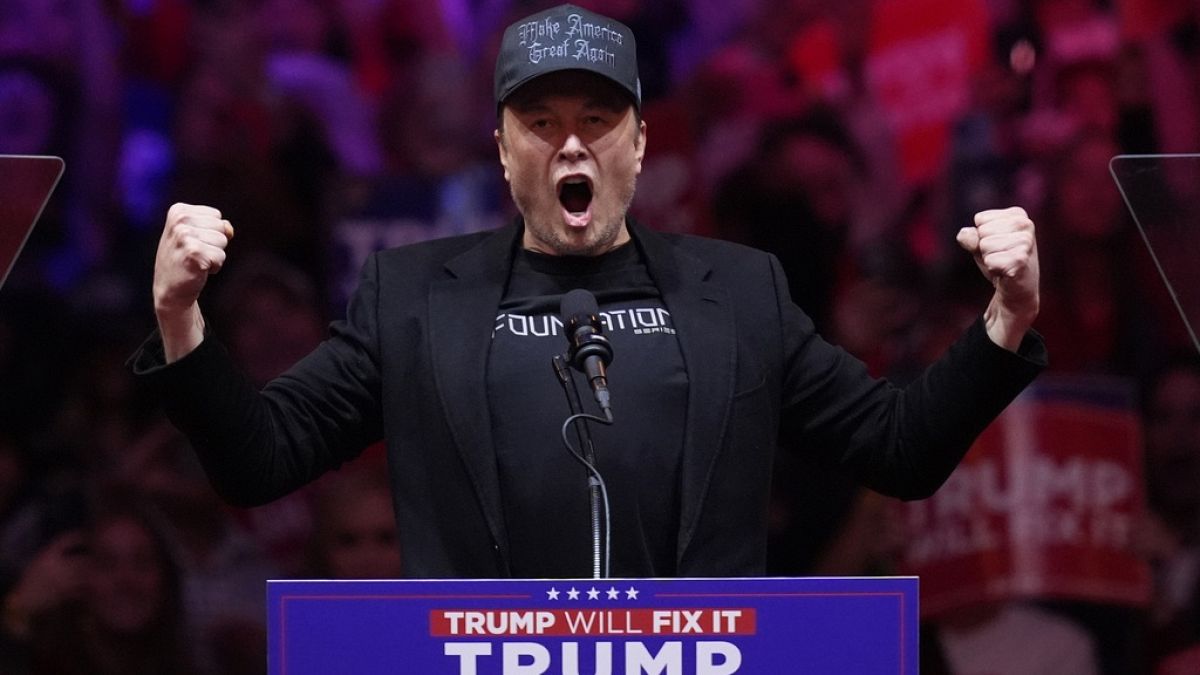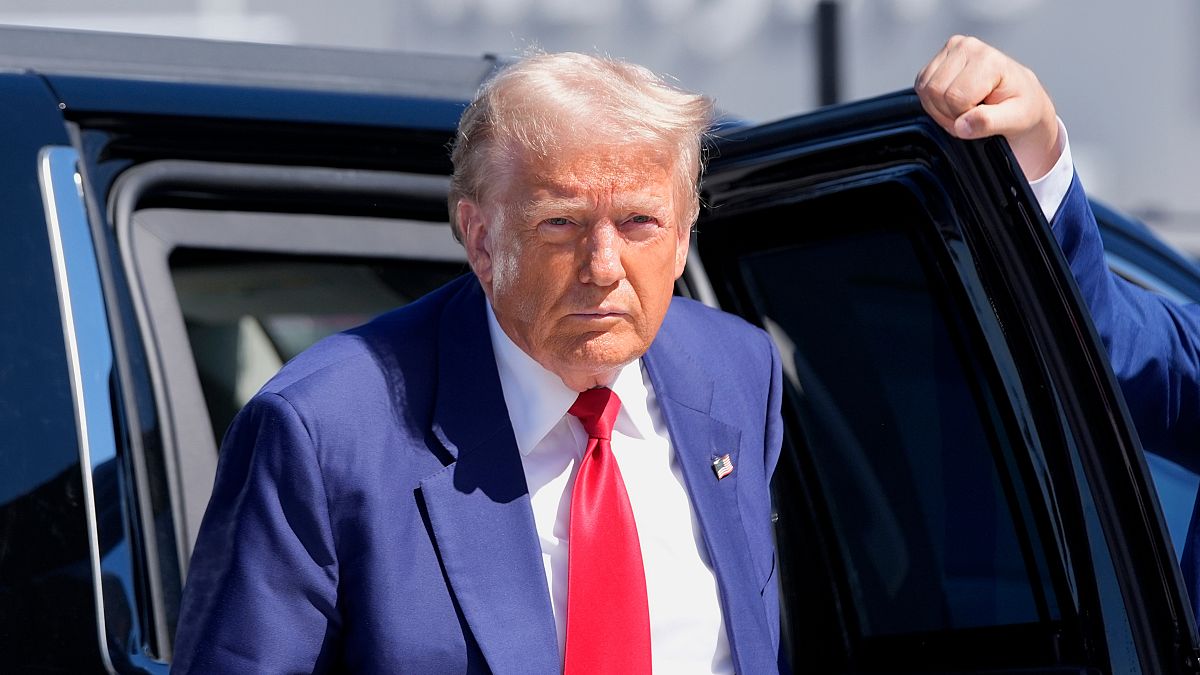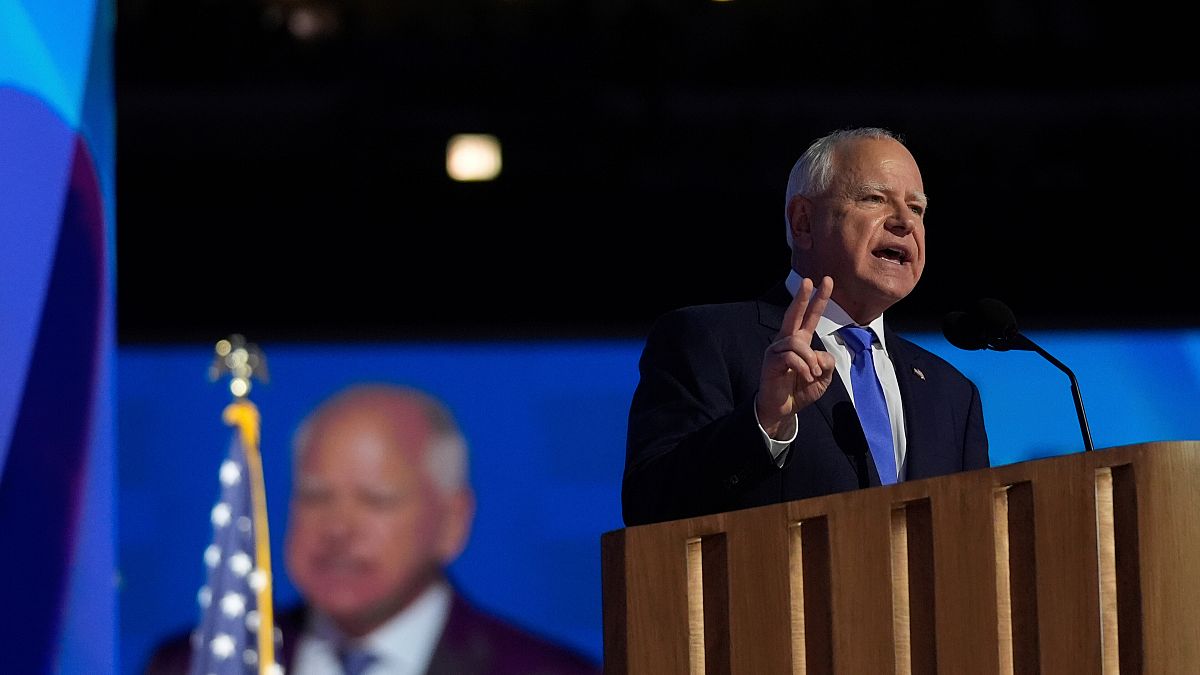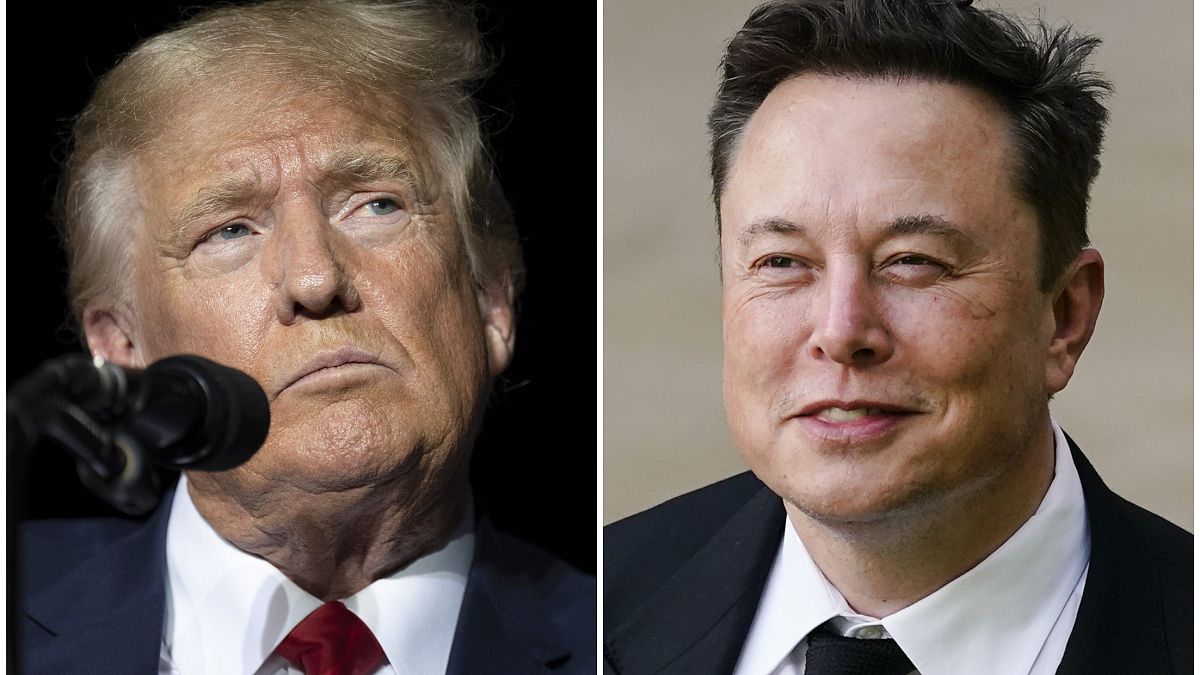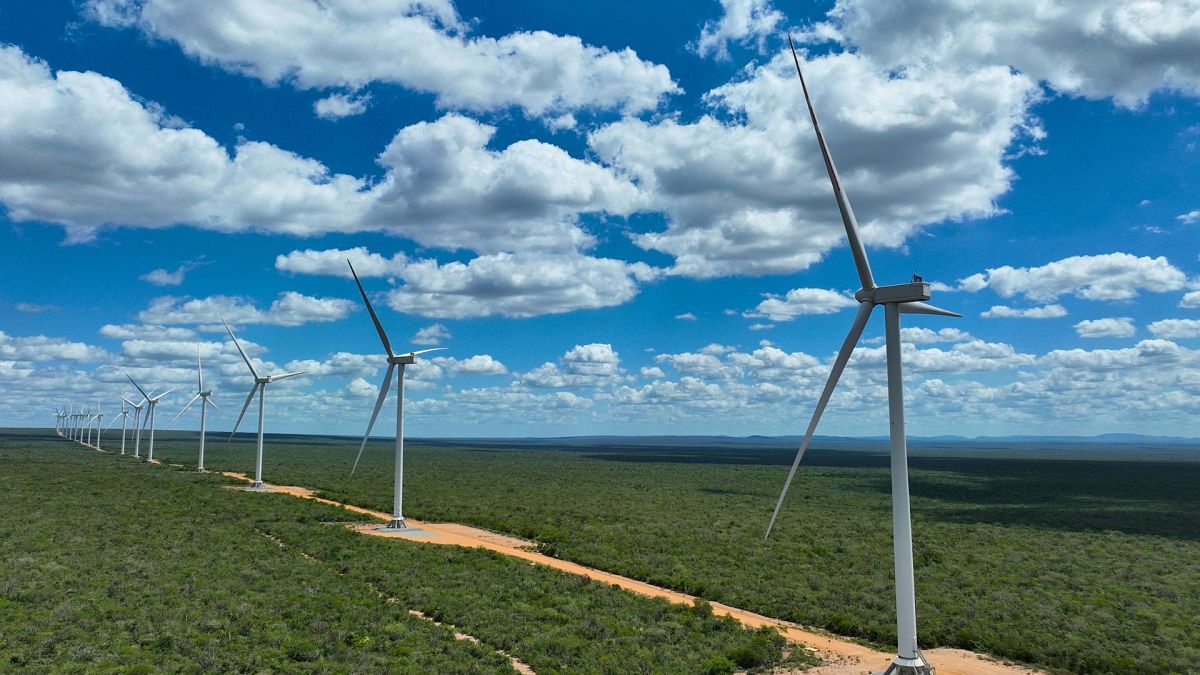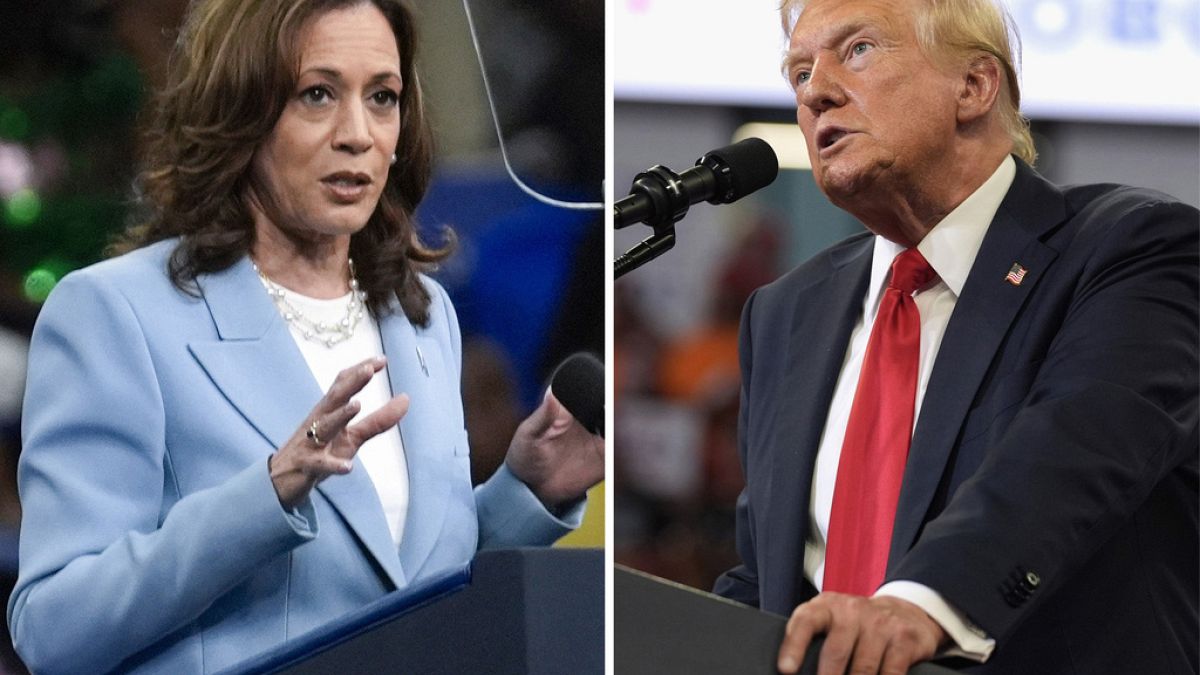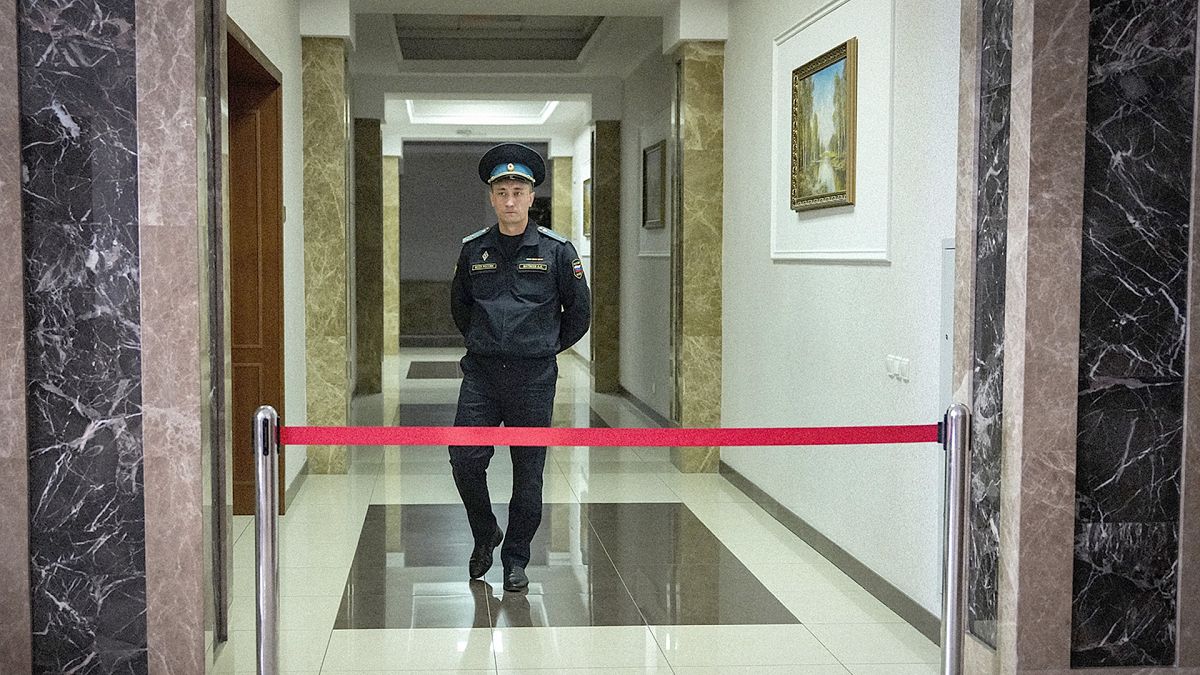President Biden issues stark warning to North Korea on nuclear threat
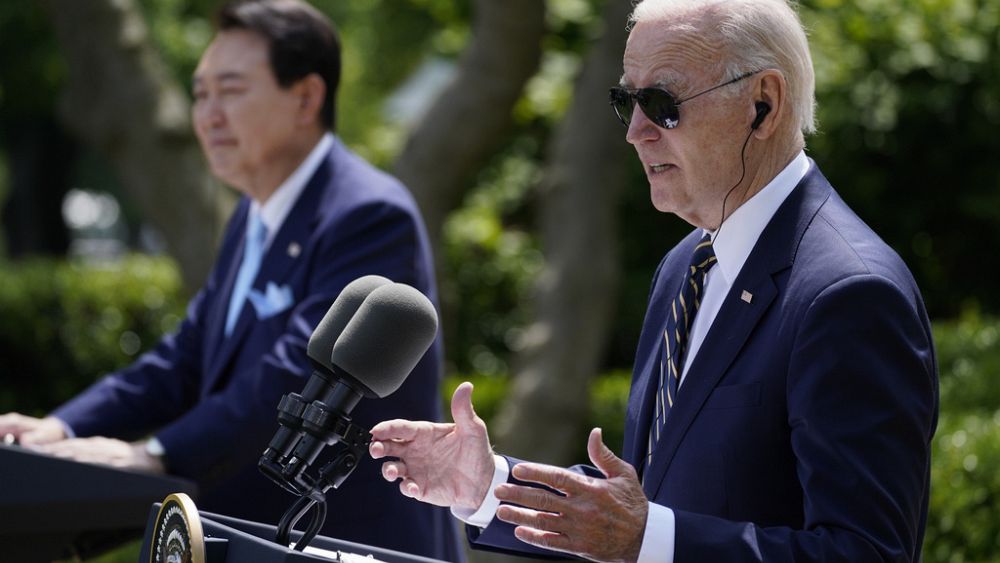
President Joe Biden and South Korea’s Yoon Suk Yeol unveiled a new plan on Wednesday to counter North Korea’s nuclear threat, with the US leader issuing a blunt warning that such an attack would “result in the end of whatever regime” took such action.
The new nuclear deterrence effort calls for periodically docking US nuclear-armed submarines in South Korea for the first time in decades, bolstering training between the two countries, and more. The declaration was unveiled as Biden hosted Yoon for a state visit at a moment of heightened anxiety over an increased pace of ballistic missile tests by North Korea.
“A nuclear attack by North Korea against the United States or its allies and partners is unacceptable, and will result in the end of whatever regime were to take such an action,” Biden said during an afternoon Rose Garden news conference with Yoon.
Yoon said that the new commitment by the “righteous alliance” includes plans for bilateral presidential consultations in the event of a North Korean nuclear attack, the establishment of a nuclear consultative group and improved sharing of information on nuclear and strategic weapons operation plans.
“Sustainable peace on the Korean Peninsula does not happen automatically,” Yoon said.
Biden and Yoon aides have been working on details of the plan for months and agreed that “occasional” and “very clear demonstrations of the strength” of US extended deterrence capabilities needed to be an essential aspect of the agreement, according to three senior Biden administration officials who briefed reporters ahead of the announcement.
The officials said the so-called Washington Declaration was designed to allay South Korean fears over the North’s aggressive nuclear weapons program and to keep the country from restarting its own nuclear program, which it gave up nearly 50 years ago when it signed the Nuclear Non-Proliferation Treaty. Yoon earlier this year said his country was weighing developing its own nuclear weapons or asking the US to redeploy them on the Korean Peninsula.
Nuclear response strategy
The US and South Korea also would coordinate more deeply on nuclear response strategy in the event of the North attacking the South — but operational control of such weapons would remain in US control, and no nuclear weapons are being deployed onto South Korean shores.
“We are not going to be stationing nuclear weapons on the peninsula,” Biden underscored.
Biden said coordination between the US and South Korea remains crucial in the face of increased North Korean threats and blatant violations of international sanctions. The president repeated that the US remains open to “substantial” talks with the North without preconditions.
Rob Soofer, a senior fellow at the Atlantic Council, said the new declaration includes important steps but may not fully address the “underlying dilemma that provokes South Korean angst over the US nuclear umbrella.”
“Having the nuclear capabilities to strike North Korea is only part of the deterrence equation — the US must also convince the adversary that it has the will to use these weapons in the face of nuclear retaliation,” Soofer said.
The state visit comes as the US and South Korea mark the 70th year of the countries’ alliance that began at the end of the Korean War and committed the United States to help South Korea defend itself, particularly from North Korea. Approximately 28,500 U.S. troops are currently based in South Korea.
“Why did they sacrifice their lives for this faraway country and for the people that you’ve never met?” Yoon said of the US troops who served during the war. “That was for one noble cause: to defend freedom.”
The agreement also calls for the US and South Korean militaries to strengthen joint training and better integrate South Korean military assets into the joint strategic deterrence effort. As part of the declaration, South Korea will reaffirm its commitment to the Nuclear Non-Proliferation Treaty, an agreement signed by several major nuclear and non-nuclear powers that pledged their cooperation to stem the spread of nuclear technology, the officials said.
A firmer response to the North’s threats
As a candidate for the presidency last year, Yoon pledged to call for the increased deployment of US bombers, aircraft carriers and nuclear submarines to South Korea as he looked to offer a firmer response to the North’s threats than his predecessor Moon Jae-in.
In the midst of the Cold War in the late 1970s, US nuclear-armed ballistic missile submarines made frequent port visits to South Korea, sometimes two to three visits per month, according to the Federation of American Scientists. It was a period when the US had hundreds of nuclear warheads located in South Korea.
But in 1991, the United States withdrew all of its nuclear weapons from the Korean Peninsula, and the following year Seoul and Pyongyang signed a joint declaration pledging that neither would “test, manufacture, produce, receive, possess, store, deploy or use nuclear weapons.” But as the North has repeatedly violated the joint declaration over the years, there’s been increased support in South Korea for the United States to return nuclear weapons to the country.
Intercontinental ballistic missiles
One Biden administration official cautioned it is “crystal clear” that there are no plans by the administration for “returning tactical or any other kind of nuclear weapon to the Korean Peninsula.” Instead, administration officials said they envision that the visit of ballistic missile submarines will be followed by the US military more regularly deploying assets such as bombers or aircraft carriers to South Korea.
North Korea’s increasing nuclear threats, along with concerns about China’s military and economic assertiveness in the region, have pushed the Biden administration to expand its Asian alliance. To that end, Biden has thrown plenty of attention at Yoon as well as Japanese Prime Minister Fumio Kishida. Next week, Biden will host Philippine President Ferdinand Marcos Jr. for Oval Office talks.
In the past year, North Korea has been steadily expanding its nuclear arsenal, while China and Russia repeatedly block US-led efforts to toughen sanctions on the North over its barrage of banned missile tests.
The stepped-up testing by North Korea includes the flight-testing of a solid-fuel intercontinental ballistic missile for the first time earlier this month. The recent test is seen as a possible breakthrough in the North’s efforts to acquire a more powerful, harder-to-detect weapon targeting the continental United States.
Source: Euro News



